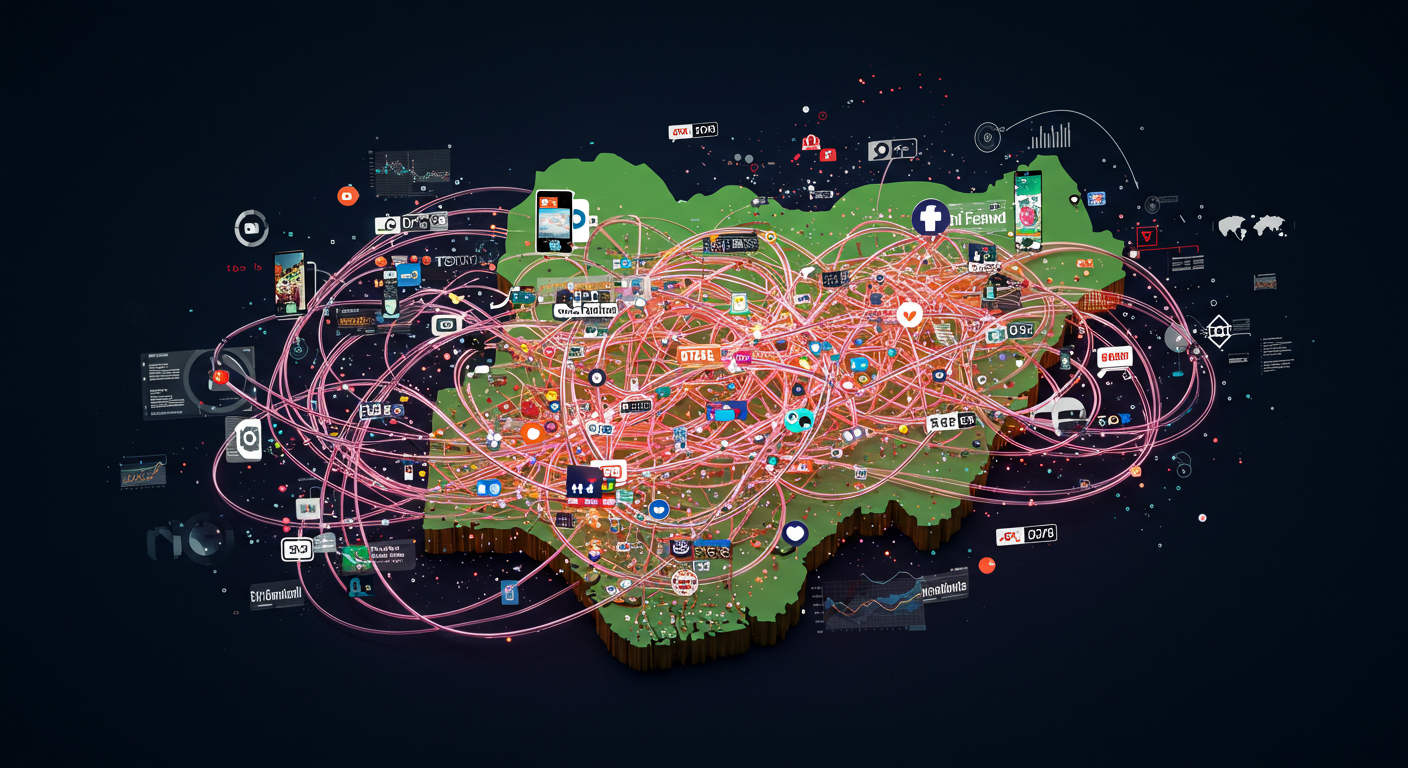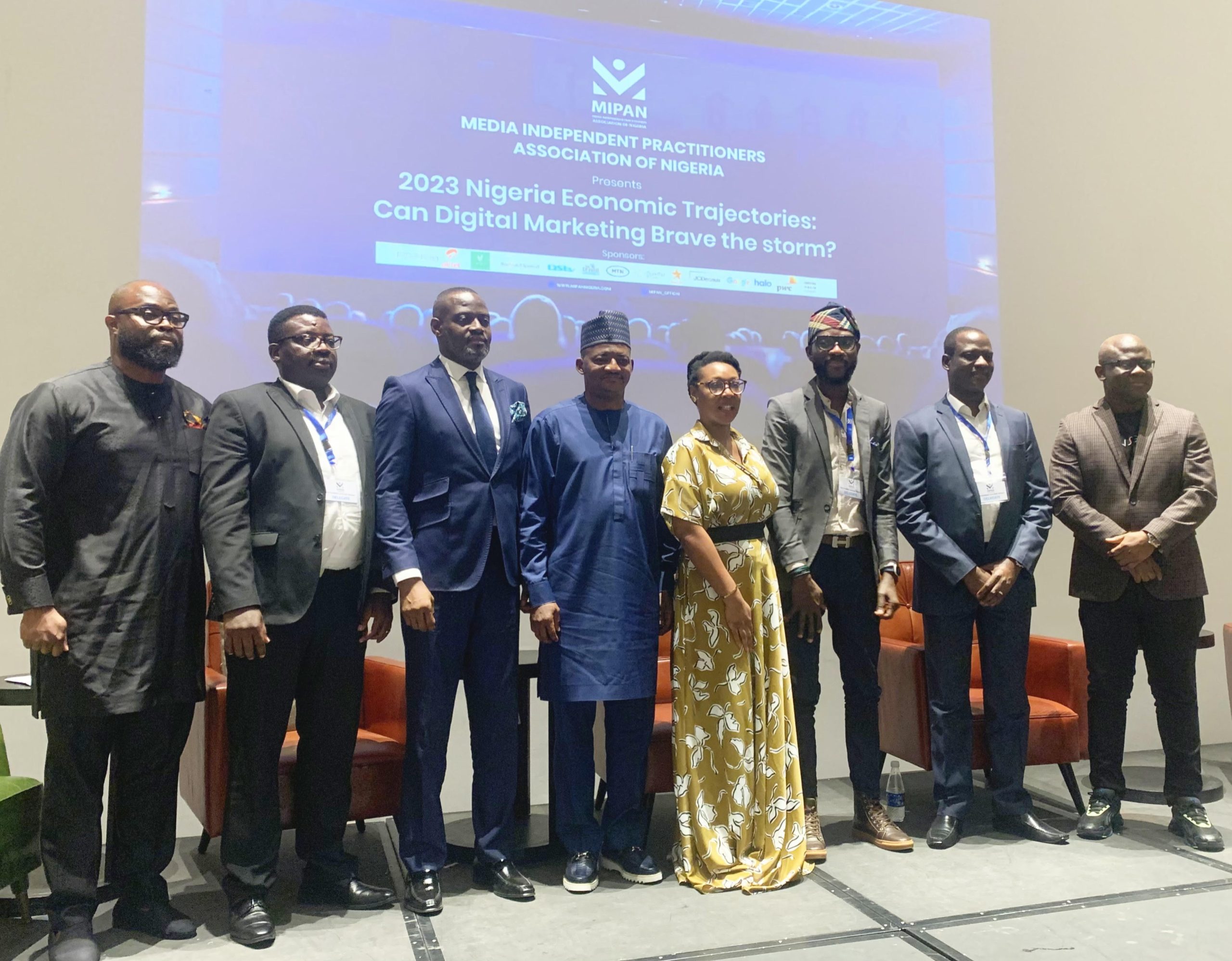By Zion Rufus
Recently, Greg McKeown’s quote got me thinking about how social media drowns us in information. It’s like a flood of negativity, conflicts, and sensationalized stuff that messes with our heads—causing mental fatigue, anxiety, and stress. It even messes with our moods, self-esteem, and happiness.
As the digital landscape expands, so does the overwhelming tide of opinions that flood our feeds, leaving us adrift in a sea of conflicting narratives and sensationalized content. This surge is fueled by the bustling digital era, the rise of social media, and technology transforming our lives and shaping how we consume information.
McKeown’s poignant quote reads, “Today, technology has lowered the barrier for others to share their opinion about what we should be focusing on. It’s not just information overload; it’s opinion overload,” resonating loudly in our tech-saturated reality.
Unfortunately, the impact reverberates not only in our personal lives but also infiltrates the professional landscape, creating challenges for brands and Integrated Marketing Communications (IMC) professionals.
The struggle to capture consumers’ attention amid the online voices has never been more real, especially when digesting tons of diverse opinions about a single product.
The surging waves of user-generated content amplify the information overload. Platforms like Facebook, Twitter, Instagram, and TikTok, with their expanding networks, carry an astronomical load of diverse perspectives.
However, this constant influx now poses a much bigger dilemma—how can one navigate through the noise and discern meaningful information?
To cut through this clutter, IMC professionals need to embrace storytelling, leveraging visual and audio-visual content for engaging communication, as emphasized by seasoned expert Emeka Obia.
He states, “In today’s information-rich environment, Nigerian consumers are bombarded with messages from various sources, making it crucial for brands to deliver memorable and impactful messages.”
To address this challenge, Obia proposes a thorough understanding of the local audience’s preferences and behaviors through extensive research.
He advocates for adopting an omnichannel approach, ensuring brand messages reach consumers across multiple platforms. Timeliness and relevance have also become crucial, requiring brands to align their messages with current trends and conversations.
In the midst of opinion overload, the responsibility equally falls on social media platforms to reassess their algorithms.
The recalibration should prioritize content contributing to a balanced information ecosystem, fostering meaningful dialogue and diverse perspectives.
Users are encouraged to be active participants, curating their digital experiences thoughtfully to navigate the labyrinth of opinions defining our digital reality.






Comment
No comments found.